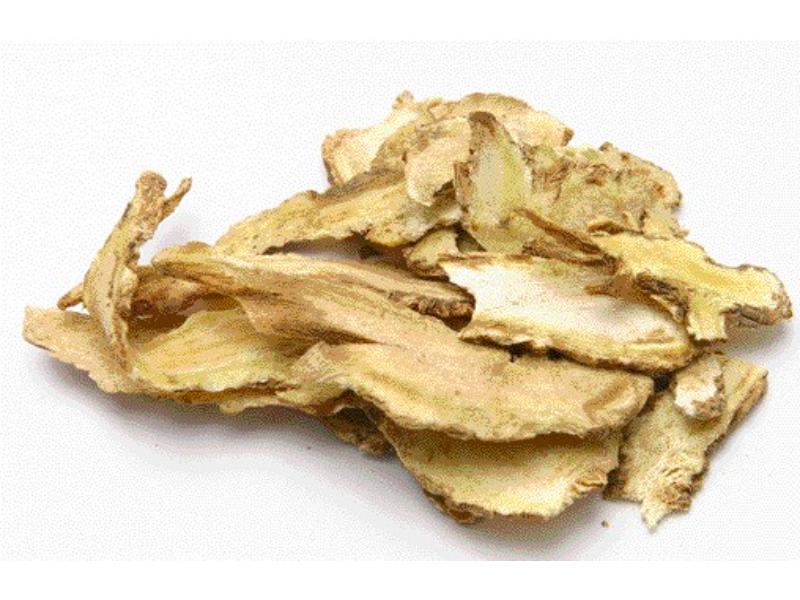Search in medicinals
Angelicae Pubescentis Radix
Pubescent angelica
独活 〔獨活〕 dú huó

Alternate English names: tuhuo [angelica root]
Kingdom: Plant
Origin in PRC Pharmacopoeia: Angelica pubescens Maxim. f. biserrata Shan et Yuan. (PRC Pharmacopoeia)
Origin in unofficial sources: Angelica pubescens Maxim. f. biserrata Shan et Yuan*; Angelica pubescens Maxim.; Angelica dahurica (Fisch. ex Hoffm.) Benth. et Hook. f. ex Franch. et Sav.; Angelica porphyrocaulis Nakai et Kitag.; Heracleum hemsleyanum Diels; Heracleum lanatum Michx.; Aralia cordata Thunb.; Angelica brevicaulis L.; Angelica polyclada Franch; Aralia atropurpurea Franch; Aralia henryi Harms; Aralia henryi Harms; Heracleum candicans Wall. ex DC.; Heracleum yungningense Hand.-Mazz.
Use: Medicinal
Category: Wind-damp–dispelling agents / Wind-cold-damp–dispelling agents
Properties: Bitter, acrid; slightly warm.
Channel entry: Liver and bladder channels.
Actions and indications:
- Dispels wind-damp and relieves impediment pain: Wind-damp impediment pain.
- Resolves the exterior: External contraction of wind-cold complicated by dampness in the exterior.
- Additional uses: Dú huó is used to treat
lesser yīn headache as well as damp, itchy skin. For itching, it may be taken internally or used externally as a wash.
Dosage and method: Oral: 5–15g in decoctions.
Warnings: Dú huó is warm, acrid, drying, and dispersing. It is contraindicated in yīn vacuity heat or blood vacuity impediment (impediment characterized by numbness and tingling of the skin and blood vacuity signs).
Product description: Its dried root is spindle-shaped, 15–20 cm long and 0.6–3 cm thick. At the heat is a scar left by the stem. The exterior surface is a yellow brown, with irregular wrinkles, and sparse lenticels located on tumorous protuberances. It easily snaps to reveal a pale yellowish-brown interior. The decocting pieces are transverse slices 1.5 mm thick. On their cut edge are clear annular markings.
Production area: Sìchuān, Gānsū.
Etymology: The name dú huó独活 is composed of dú 独, which means single or independent, and huó 活, which means life or movement. The name reflects the fact that this is a single-stemmed plant that does not bob in the wind.
Back to search result Previous Next